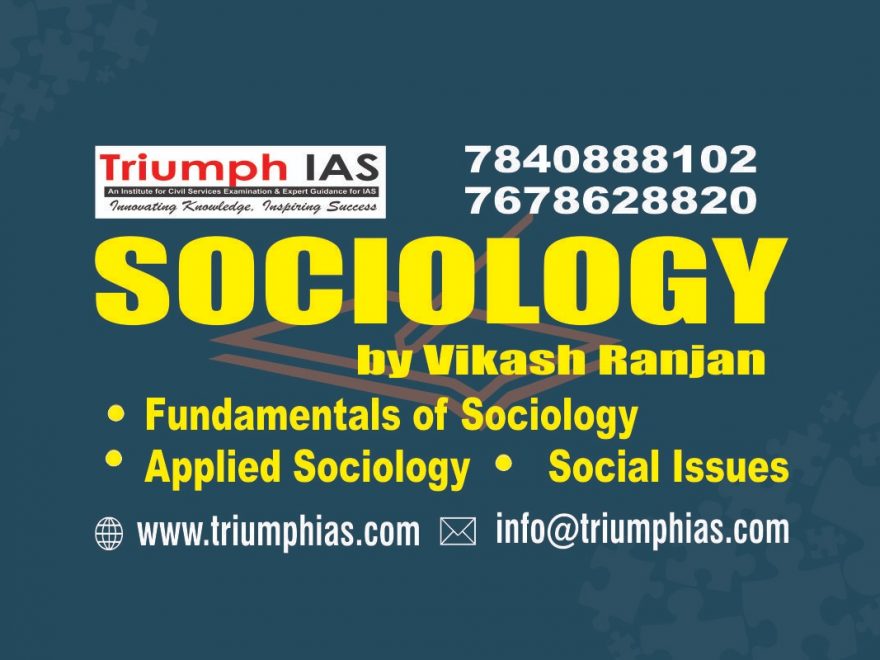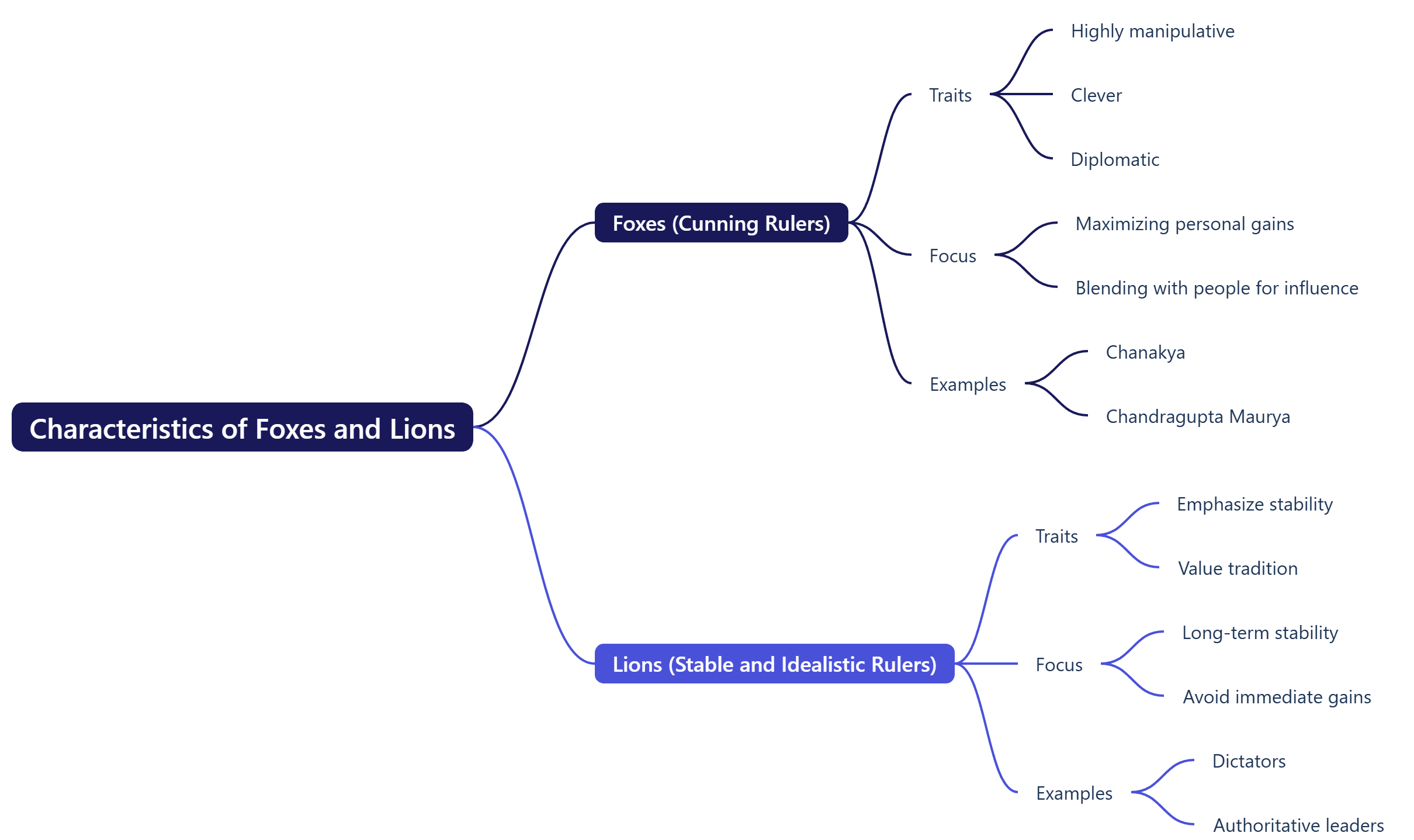The elite theory of power
(Relevant For Sociology Optional UPSC Paper I)

|
The Elite Theory of Power is a fundamental concept in political science that argues that societies are inherently divided into two groups: the ruling elite and the ruled masses. This theory is crucial for UPSC aspirants as it provides deep insights into governance, political structures, and historical patterns of leadership transitions. Understanding this theory can significantly aid in answering questions related to political science, governance, and sociology in the UPSC examination. Understanding Elite Theory of PowerThe classical elite theorists such as Vilfredo Pareto and Gaetano Mosca posited that political power is always concentrated in the hands of a small elite, and that egalitarian ideologies such as socialism or Marxism cannot truly eliminate elite dominance. These thinkers argued that even in systems like communism, a new ruling elite emerges, replacing the previous one. Pareto’s Classification of Social SystemItalian sociologist Vilfredo Pareto, in his analysis of society, divided people into two main categories:
He further classified elites into two types based on their personal and psychological qualities:
Characteristics of Foxes and Lions
Circulation of Elites: A Never-Ending CycleOne of Pareto’s key contributions to elite theory is the concept of the “Circulation of Elites”. He argued that:
Application of Circulation of Elites
Gaetano Mosca’s Contribution to Elite TheoryAnother influential elite theorist, Gaetano Mosca, reinforced the idea that societies are divided into:
Key Aspects of Mosca’s Theory
Elite Theory and its CriticismWhile the elite theory provides a realistic view of power structures, it has been criticized for:
Why is Elite Theory Important for UPSC Preparation?
ConclusionThe Elite Theory of Power remains one of the most insightful perspectives on how societies function. Whether it is Pareto’s Circulation of Elites or Mosca’s inevitability of elite rule, these theories emphasize that political power is never truly in the hands of the people but is controlled by a small, influential group. For UPSC aspirants, mastering this concept can provide an edge in answering political science, sociology, and governance-related questions effectively. By understanding elite theory, UPSC students can critically analyze governance models, leadership transitions, and power dynamics in both historical and modern contexts, making it a vital topic for success in the examination. |



